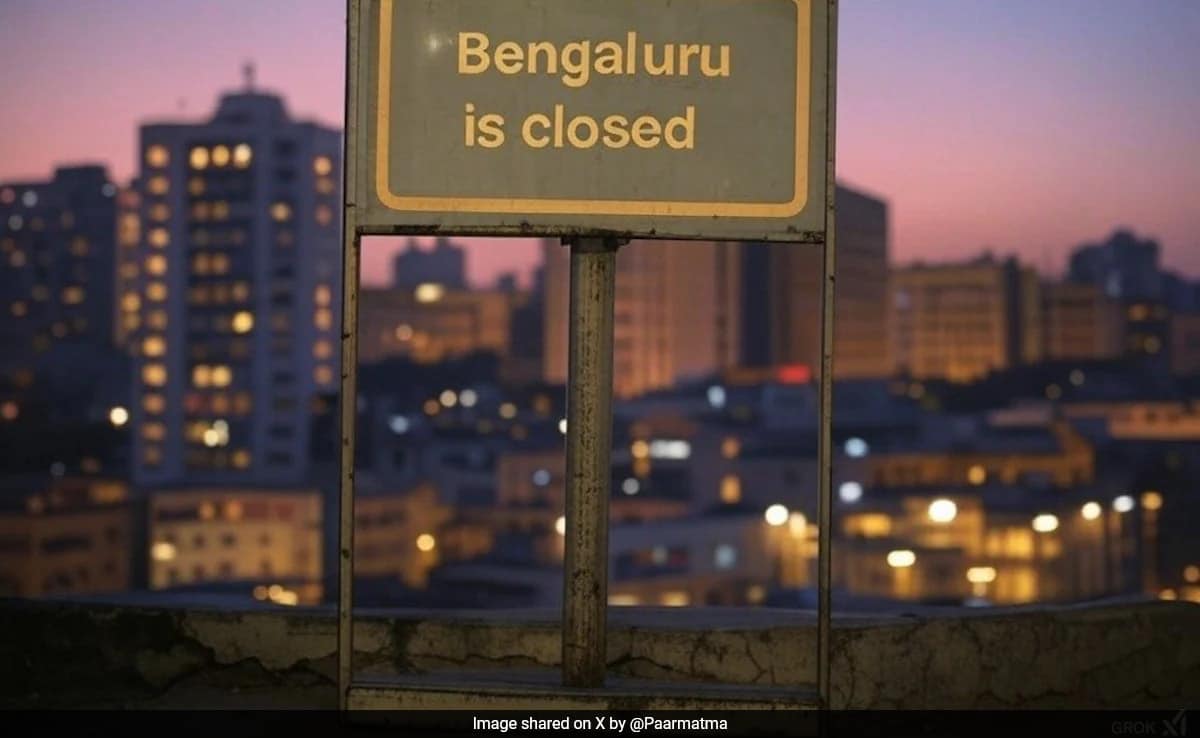The Kannada Language Debate in Bengaluru

In recent weeks, a heated debate has emerged in Bengaluru, Karnataka, surrounding the importance of the Kannada language. This discussion has gained momentum, particularly in a city known for its diverse and multicultural population. Advocates for the Kannada language argue that learning it is essential for respecting local culture. However, critics contend that imposing such demands is exclusionary in a cosmopolitan environment. A provocative social media post stating, “Bengaluru is closed for north India and neighbouring states who don’t want to learn Kannada,” has reignited this contentious issue, sparking widespread discussion online.
The Social Media Spark
The recent post on X (formerly Twitter) has stirred significant controversy. The user behind the post expressed that individuals who do not respect the local language and culture should refrain from visiting Bengaluru. The statement read, “Bengaluru is closed for north India and neighbouring states who don’t want to learn Kannada. They don’t need Bengaluru when they can’t respect language and culture.” This bold assertion has attracted considerable attention, amassing over 50,000 views and more than 200 comments since its publication.
The post has triggered a flurry of responses, with some users supporting the sentiment while others vehemently opposed it. Supporters argue that learning Kannada is a way to show respect for the local culture. In contrast, critics assert that language learning should be a personal choice and not a requirement for living or visiting in a diverse city like Bengaluru. This division highlights the complexities of language and identity in a multicultural society.
Perspectives on Language and Culture
The debate over the Kannada language has revealed a range of perspectives among social media users. Some individuals believe that the government should mandate Kannada language proficiency for those immigrating to Bengaluru. One user suggested that such a requirement would foster respect for local culture. However, others cautioned against mob justice and emphasized that learning a language should not be forced upon anyone.
Conversely, some users argued that respecting a culture does not necessitate fluency in its language. One commenter pointed out that individuals can appreciate and honor a culture without speaking its language. This perspective underscores the idea that cultural respect can manifest in various ways, not solely through language acquisition. The discussion reflects a broader conversation about the balance between cultural preservation and inclusivity in a diverse society.
The Broader Implications
The Kannada language debate in Bengaluru raises important questions about identity, belonging, and cultural integration. As a city that attracts people from across India and beyond, Bengaluru embodies the challenges of maintaining local culture while embracing diversity. The call for Kannada language proficiency reflects a desire to preserve regional identity, yet it also risks alienating those who contribute to the city’s vibrant multicultural landscape.
The ongoing discourse highlights the need for dialogue and understanding among different communities. While language can be a powerful tool for connection, it should not serve as a barrier to inclusion. As Bengaluru continues to grow and evolve, finding common ground will be essential for fostering a sense of belonging among all its residents, regardless of their linguistic background.
Observer Voice is the one stop site for National, International news, Sports, Editor’s Choice, Art/culture contents, Quotes and much more. We also cover historical contents. Historical contents includes World History, Indian History, and what happened today. The website also covers Entertainment across the India and World.

